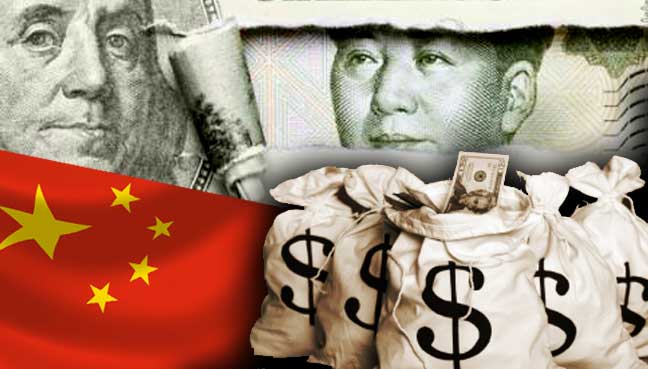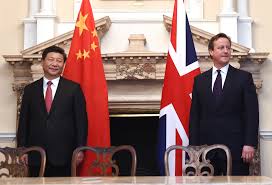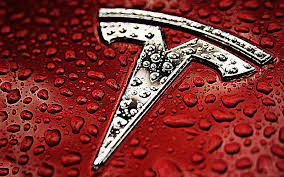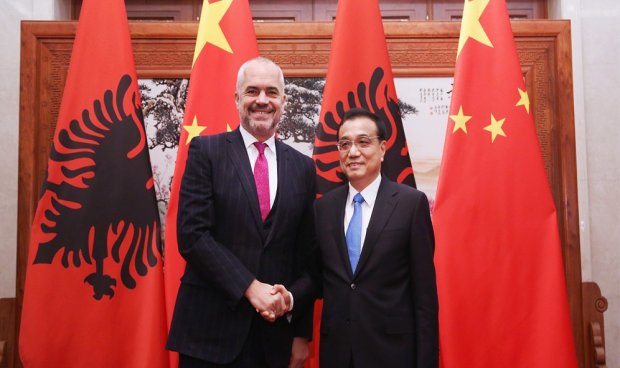Housing prices are once again rising rapidly across China—and bids for land are going up, too
SHANGHAI—The “land kings” are back.
That had been a nickname for Chinese developers paying sky-high prices for land parcels during China’s property boom earlier this decade, which left so-called ghost cities of unsold housing across China.
Now, with housing prices in China’s larger cities again rising rapidly, frothy bids for land parcels are back.
On June 8, Logan Property Holdings Co. agreed to pay 14.1 billion yuan ($2.14 billion) for a piece of land in Shenzhen’s Guangming district, the largest-ever price tag in the southern Chinese city.
Logan says it didn’t overpay, calling the price “relatively favorable” in a hot market.
Earlier in June, a joint venture between two firms, one of which is backed by state-owned Power Construction Corp. of China, outbid 17 rivals with an 8.3 billion yuan offer for a plot in Shenzhen’s Longhua district.
The soaring land prices show the challenges facing the government as it tries to prevent property bubbles. Moves to stimulate China’s slowing economy and to trim excess housing in smaller cities across the country—such as interest-rate cuts and eased mortgage rules—have fed into speculative demand for homes in top-tier cities that are now scrambling to cool prices.
Average housing prices in 70 Chinese cities were about 5% higher in May than a year earlier, the fifth straight month of increases. In top-tier cities, prices were up 19% to 53%.
But land prices are shooting up not just in Shenzhen, Shanghai and Beijing, but also in lower-profile cities such as Hangzhou, Hefei and Zhengzhou.
Officials face a dilemma in trying to tame land prices: Land is commonly used as debt collateral; a sharp drop in valuation could trigger defaults and produce a wave of bad loans, hurting the economy. On the other hand, runaway land prices make it harder for ordinary Chinese to afford apartments.
In Suzhou and Nanjing, bidding wars at land auctions have compelled the authorities to cap land prices. To find another way in, bidders now compete on the volume of affordable housing they are willing to commit to.
For developers, it is also a tricky game, as land could end up being more expensive than any housing that can be erected on it.
“In some cases, the price of flour is more expensive than the price of bread,” said Chen Sheng, a Shanghai-based analyst who heads the government-backed China Real Estate Data Academy.
There is also concern that financial firms with little experience as builders are viewing land as an opportunity for arbitrage. After winning an auction, financial firms with access to cheap funding can apply for a loan with the land as collateral, and use that to extend a construction loan at a higher rate to a partner, which is typically a property developer.
The Ministry of Land and Resources is seeking to rein in the bidding wars. The message is, “Don’t blindly drive up land prices,” said a property executive with knowledge of the matter.
But it is a challenging task.
“There’s not much that can be done to cool the land market even if there is some sort of madness that developers are engaging in,” said Nicole Wong, a property analyst at CLSA.
Analysts say the higher land prices are eroding property developers’ profit margins, but the firms say they have no choice but to replenish their land banks in cities that are showing signs of growth.
Cinda Real Estate Co., the Shanghai-listed arm of China Cinda Asset Management, has gobbled up five land parcels in Shanghai, Hangzhou and Shenzhen since November, ringing up a bill as high as 31.8 billion yuan, according to stock-exchange filings.
Within a span of five days recently, Cinda defeated more than 20 rivals to win two land auctions in Hangzhou and Shanghai, submitting bids totaling 18.1 billion yuan. Cinda says it has a 50% stake in the Hangzhou project, without naming its joint-venture partner.
More…
Mark Schlarbaum
About the Author








 refuses to reveal the scope of its program, nor will it say how many miles its cars have driven or how many crashes they’ve had. Despite its relatively late start, Baidu plans to have fully autonomous cars in commercial applications by 2019 and ramp up to mass production and widespread distribution by 2021.
refuses to reveal the scope of its program, nor will it say how many miles its cars have driven or how many crashes they’ve had. Despite its relatively late start, Baidu plans to have fully autonomous cars in commercial applications by 2019 and ramp up to mass production and widespread distribution by 2021.
